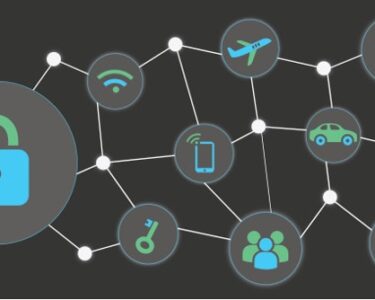
Ethical Digital Consumption
In the era of digitalization, where technology permeates every aspect of our lives, the concept of ethical digital consumption has become paramount. As responsible citizens of the digital age, we must be mindful of the implications of our online choices and strive to minimize the negative impact on the environment and society.
Environmental Sustainability
Digital consumption has a far-reaching environmental footprint. The production, use, and disposal of electronic devices, as well as the vast energy consumed by data centers and internet infrastructure, contribute to greenhouse gas emissions and e-waste.
Ethical digital consumption involves choosing devices and services that are energy-efficient and have a low environmental impact. It also includes extending the lifespan of our devices through repair and refurbishment, and properly recycling them at the end of their useful life.
Social Responsibility
The digital realm provides a platform for the exchange of information, ideas, and social connections. However, it also presents challenges regarding privacy, data protection, and digital equity.
Ethical digital consumers prioritize data privacy and share personal information only when necessary or with trusted sources. They also advocate for responsible data usage by companies and governments, ensuring that data is not collected or processed without consent.
Moreover, ethical digital consumption promotes digital equity by bridging the technological divide and ensuring that everyone has access to the benefits of the digital age. This can involve supporting initiatives that provide access to digital devices and training, or advocating for policies that promote internet affordability.
Ethical Considerations in Online Purchases
Online shopping has become a convenient way to acquire goods and services. However, it also poses ethical dilemmas related to labor practices, sustainability, and consumer rights.
Ethical digital consumers choose products from companies that uphold fair labor standards and prioritize environmental sustainability in their supply chains. They also favor locally sourced goods to reduce transportation emissions and support local businesses.
Additionally, they pay attention to customer reviews and research company policies to ensure that their purchases align with their ethical values and that they are protected as consumers.
Responsible Digital Media Consumption
The proliferation of digital media has had a significant impact on our lives. Ethical digital consumption extends to the way we consume and engage with online content.
Critically evaluating information sources, recognizing bias, and avoiding the spread of misinformation are key aspects of responsible digital media consumption. It also includes supporting quality journalism and content creators who uphold ethical standards.
Furthermore, ethical digital consumers minimize their screen time and engage in activities that promote mental and physical well-being.
Conclusion
Ethical digital consumption is an ongoing journey that requires conscious choices and collective responsibility. By considering the environmental, social, and ethical implications of our online activities, we can create a more sustainable, equitable, and responsible digital future.
As we navigate the complexities of the digital age, let us strive to be mindful consumers who make informed decisions that contribute to a better world for both present and future generations.


